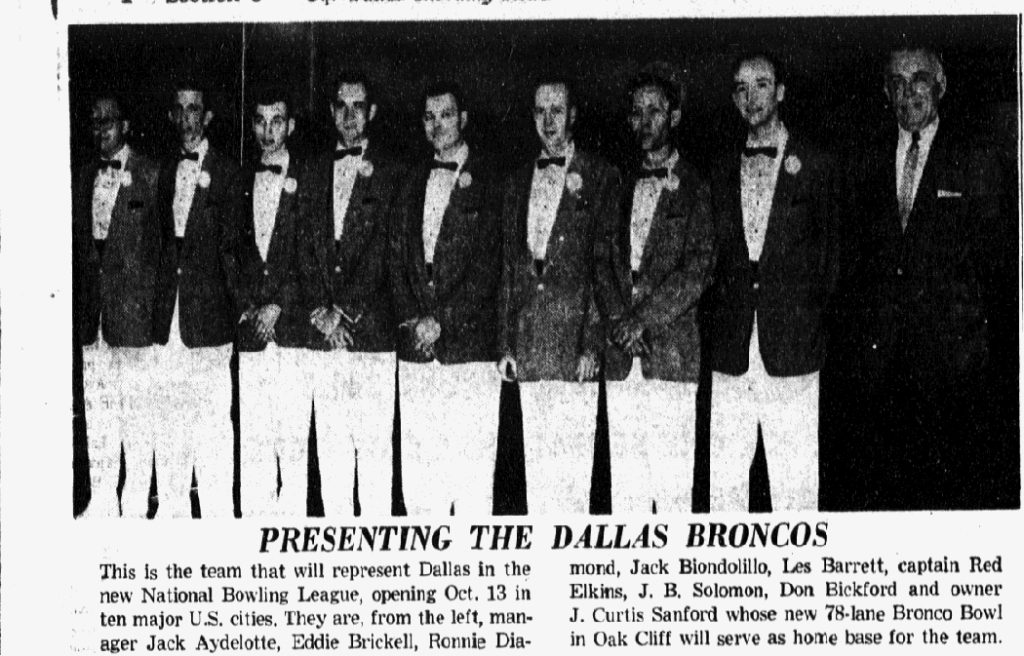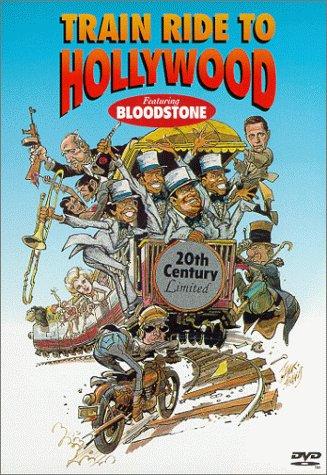Ignored Obscured Restored
In 1988 Edie Brickell & New Bohemians released their debut album, Shooting Rubber Bands at the Stars. The album received a lot of airplay on “modern rock” radio stations, at least in Boston, and grabbed my attention. There were two songs in particular that stuck to me — “Circle” and today’s SotW, “What I Am.”
In 2006, Brickell described her inspiration for the song to the San Francisco Bay Times.
In a world religion class, everyone was complicating life and existence by over-thinking. I had this sense it’s right here, right now. It’s who we are and what we feel. It’s not this tangled web of psychology and philosophy. I was driving to band practice and started singing that song. I wanted to be real, not adopt some philosophy or role. Instinct is our driving force.
So she wrote:
I’m not aware of too many things
I know what I know if you know what I mean
Philosophy is a talk on a cereal box Religion is a smile on a dog
Besides the beguiling lyric, I was also drawn to the lead guitar work of Kenny Withrow who co-wrote “What I Am” with Brickell. He uses an auto-wah/envelope filter on his leads that reproduces the sound of a Jerry Garcia solo (think “Estimated Prophet” or “Shakedown Street”).
On a side note, Brickell met Paul Simon on the set of Saturday Night Live when she was the guest musical artist on November 5, 1988. About a half year later they were married and remain so today!
Her dad was a pro bowler that played for the Dallas Broncos.

Enjoy… until next week.

